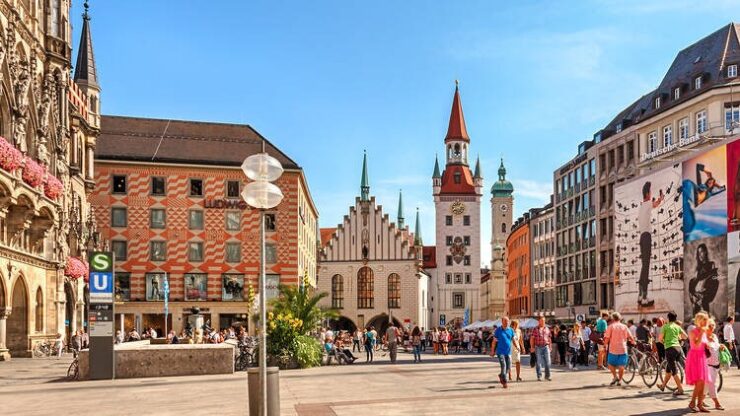Table of Contents
nich is more than just Bavaria’s capital; it’s a city that balances tradition with modernity in a way few other European destinations can.
For first-time visitors, the sheer number of things to see and do can feel overwhelming, especially when you consider the mix of history, festivals, and contemporary culture waiting to be explored.
Prepare in advance, since Munich has its own rhythm and customs that may be unfamiliar to travelers.
1. Plan Your Visit Around the Seasons
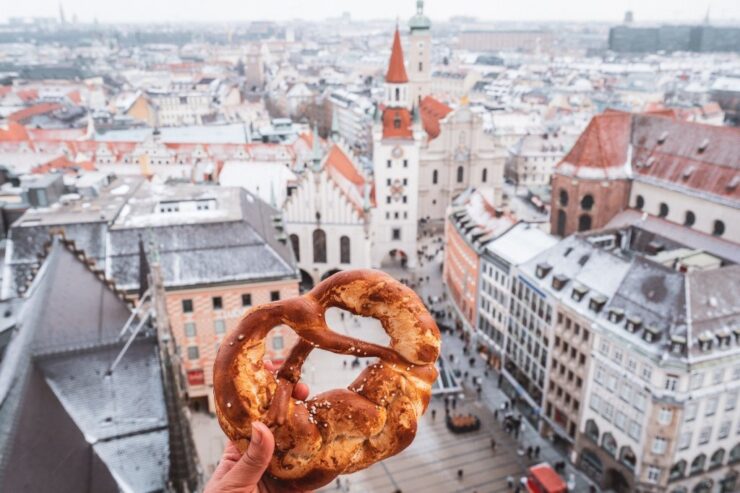
One of the first things to know before booking your trip to Munich is how dramatically the city changes with the seasons. Each period brings its own atmosphere, and choosing the right one can completely shape your experience.
- Summer: Vibrant and social, with locals gathering in beer gardens, parks, and lakes. The warm weather creates the perfect backdrop for outdoor concerts and street festivals.
- Autumn: Defined by Oktoberfest, when millions of visitors arrive from around the world. Hotels and flights sell out quickly, and prices rise, so early booking is essential.
- Winter: Magical Christmas markets brighten Marienplatz and the Residenz courtyards. Snow transforms the city into a festive scene, with ski resorts just a short train ride away.
- Spring: Often overlooked, yet ideal for sightseeing. Mild temperatures, blooming gardens, and smaller crowds make it one of the most pleasant times to visit.
In short, decide what atmosphere you’re looking for before you book. Each season has something unique to offer, but timing is everything in Munich.
2. Choosing Accommodation in the Right Area
Munich is not a small city, and where you stay can significantly impact your experience. If it’s your first visit, booking a hotel in the Old Town (Altstadt) keeps you close to Marienplatz, Frauenkirche, and Viktualienmarkt. The benefit is obvious: you’ll be within walking distance of most major sights. However, staying here can be pricey, and during peak seasons it also gets very crowded.
For travelers looking for a more relaxed vibe, neighborhoods like Schwabing – famous for its artistic past and lively cafés – or Glockenbachviertel, known for nightlife and cultural diversity, may be a better choice. Both offer easier access to local life without sacrificing convenience. Some visitors also look for ways to enrich their stay beyond sightseeing.
For example, those interested in a more personal, curated experience of Munich’s lifestyle sometimes consider services like München escort, which highlight a side of the city not always found in guidebooks. Whether you’re after history, nightlife, or tranquility, choosing your accommodation wisely shapes how you’ll remember Munich.
3. Get to Know Munich’s Transport System
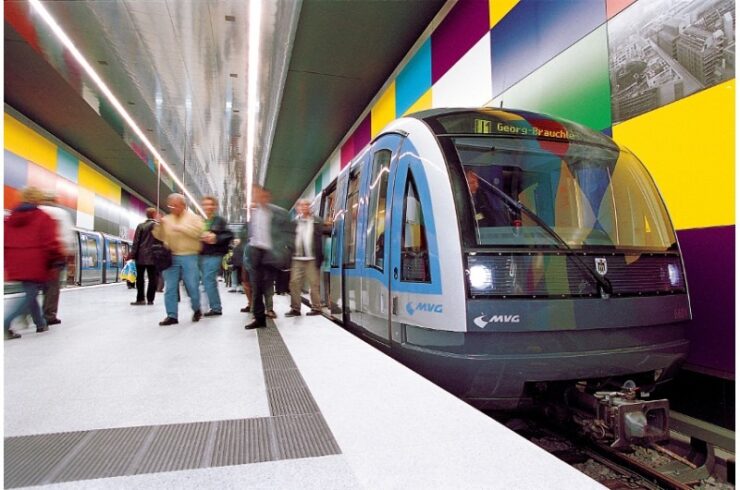
Munich’s transport network is among the best in Europe, but newcomers often find the ticketing system confusing at first. The entire city runs on the MVV system, which unites the U-Bahn (subway), S-Bahn (commuter trains), trams, and buses. Once you get the hang of the zones, it’s straightforward, but the key is knowing which ticket works best for your stay.
- Day passes: Ideal if you plan multiple rides in one day. They cover unlimited travel in specific zones.
- Group tickets: A money-saver for families or friends, valid for up to five adults traveling together.
- Airport tip: The S8 and S1 trains both go to the airport, but the S8 is slightly faster into the city center.
- Weekend hack: The Bayern Ticket allows unlimited regional train travel across Bavaria for a flat fee, perfect for day trips to Neuschwanstein, Salzburg, or the Alps.
Beyond public transport, cycling is a joy in Munich. The city is flat, bike-friendly, and has marked lanes everywhere. Many hotels rent bikes, and public rental stations are scattered around the center. This lets you cover more ground while still enjoying the atmosphere at street level.
4. Learn a Few Local Customs
While Munich is cosmopolitan, locals still appreciate it when visitors respect Bavarian traditions. Greetings matter, especially in smaller settings. Using “Grüß Gott” is common with older generations, and it shows awareness of local culture. In restaurants, tipping is not excessive; rounding up or adding around 5–10% is normal.
The city is also famous for its communal dining culture. In beer gardens, sharing long tables with strangers is the norm, and it’s a great way to strike up conversations with locals. A final point worth remembering: punctuality is taken seriously in Germany, and being late to a tour, dinner reservation, or appointment is often seen as disrespectful.
5. Time Your Meals
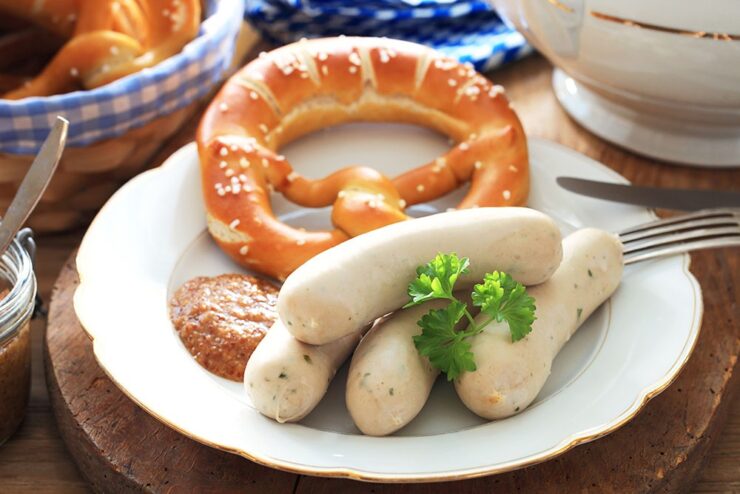
If you’re used to cities where restaurants stay open late into the night, Munich may surprise you. Dining hours are fairly structured. Lunch usually happens between 12 pm and 2 pm, while dinner service tends to start around 6 pm. Arriving later in the evening can sometimes mean fewer options, unless you’re at a beer hall.
Traditional dishes also come with cultural habits. For instance, Weißwurst, a type of white sausage, is eaten only before noon, often accompanied by pretzels and sweet mustard. Knowing these customs ensures you not only eat well but also avoid small faux pas. When in doubt, bakeries, cafés, and beer gardens offer flexible hours and great local snacks.
6. Festivals Beyond Oktoberfest
Oktoberfest is a global phenomenon, but it isn’t the only time Munich celebrates. In spring, the Starkbierfest (Strong Beer Festival) is a favorite among locals and far less tourist-heavy. Summer brings the Tollwood Festival, which mixes music, art, and sustainable food markets. There’s also Auer Dult, a centuries-old market fair held three times a year, offering antiques, ceramics, and regional products.
These festivals reveal another side of Munich beyond the iconic beer tents. They show how the city balances tradition with modern creativity. Planning your trip to coincide with one of them can make your visit more unique.
7. Pack for Changing Weather
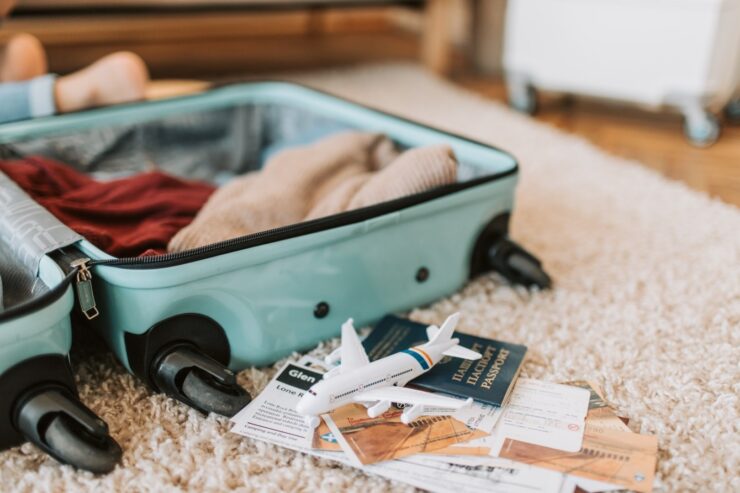
Weather in Munich is notoriously unpredictable. Summers can bring hot days, but sudden thunderstorms are common. Winters can be harsh, with freezing temperatures and occasional heavy snow. The best approach is to pack layers: a light jacket or sweater even in summer, and waterproof clothing year-round. Comfortable walking shoes are a must, since Munich is a city best experienced on foot.
8. Take Advantage of Day Trips
One of Munich’s biggest advantages is its location. Within an hour or two, you can reach the Bavarian Alps, lakes like Starnberger See, and world-famous castles such as Neuschwanstein.
Salzburg, Austria, is only 90 minutes away by train. Many visitors plan at least one or two day trips to break up their stay in the city. With efficient rail connections, it’s easy to add these adventures without needing a car.
9. Visit Beer Halls and Beer Gardens
Beer culture is inseparable from Munich. The Hofbräuhaus is iconic, but for a less tourist-heavy experience, locals often recommend Augustiner Bräustuben or Paulaner Bräuhaus. In the warmer months, beer gardens are a highlight, offering shaded tables under chestnut trees and an unbeatable atmosphere.
A unique tradition in Munich’s beer gardens is that you’re allowed to bring your own food, provided you buy drinks there. This makes for an affordable and authentic way to enjoy local flavors. Pairing a Maß (one liter of beer) with a picnic of pretzels, sausages, and cheese is about as Bavarian as it gets.
10. Book Museum Tickets in Advance
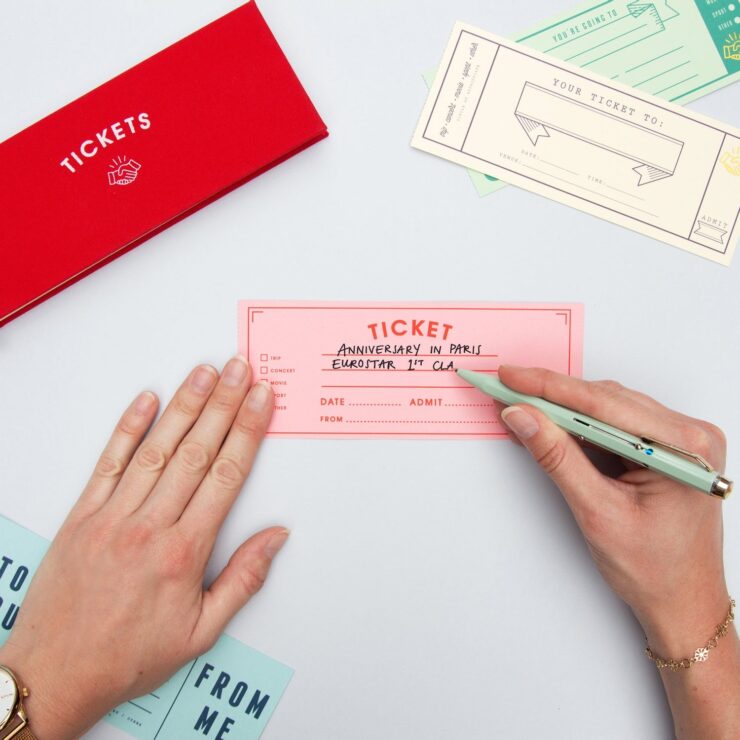
Munich is home to museums that rank among the best in Europe. The Deutsches Museum is a paradise for science enthusiasts, while the Alte and Neue Pinakothek house masterpieces of European art. BMW Welt combines car culture with futuristic architecture.
While some of these places allow walk-ins, others have timed entry slots, and during busy months lines can be long. Reserving tickets ahead of time saves both money and stress, ensuring you don’t miss out on must-see collections.
11. Respect Quiet Hours
Munich is known for being clean and orderly, and one reason is its respect for quiet hours. Noise restrictions are in place between 10 pm and 6 am, particularly in residential areas.
Travelers staying in Airbnbs or apartments should be mindful of this, since locals take it seriously.
Even in public spaces, you’ll notice that late-night noise is minimal compared to many other cities. It’s part of what makes Munich both safe and livable.
12. Carry Cash Alongside Cards
Despite being a major European hub, Munich is still surprisingly cash-oriented. Many bakeries, kiosks, and smaller shops accept only cash, while restaurants sometimes prefer it for small amounts.
Carrying at least €20–50 in cash ensures you won’t run into problems. ATMs are widely available, but fees may vary depending on your card. Having a mix of payment options is the smartest approach.
13. Safety and Security
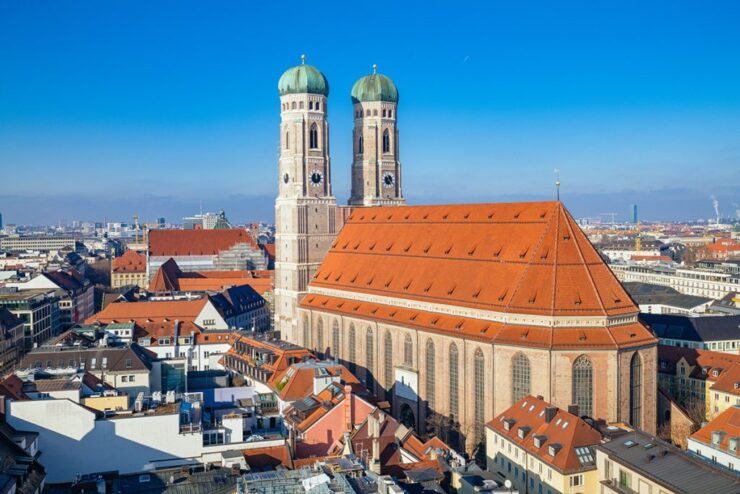
Munich consistently ranks among Europe’s safest cities. Violent crime is rare, and most visitors feel comfortable walking around even at night.
The biggest risks are pickpocketing in crowded areas like train stations, especially during festivals. Keeping your valuables secure is usually enough to avoid problems.
Police are visible and approachable, and emergency services are reliable.
14. Explore Parks and Outdoor Spaces
If you need a break from sightseeing, Munich’s green spaces are perfect. The Englischer Garten is not only larger than Central Park but also home to unique attractions like surfers riding waves on the Eisbach River.
Nymphenburg Palace gardens are another highlight, offering a combination of manicured baroque landscapes and peaceful walking paths.
Along the Isar River, locals sunbathe, jog, or simply relax by the water. These parks show how much Munich values outdoor life, and they give visitors a way to experience the city like a local.
15. Learn a Bit of the Language
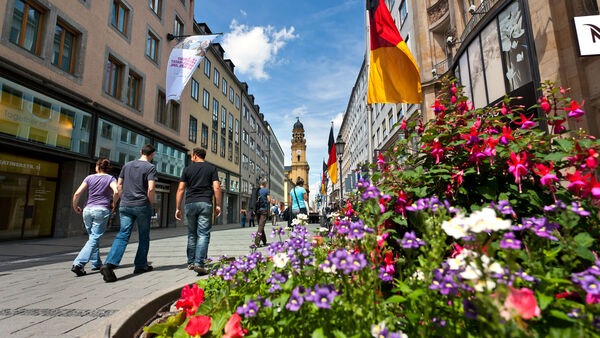
While English is widely spoken, especially in central Munich, a little effort in German goes a long way. Saying “Danke” (thank you) or “Entschuldigung” (excuse me) often earns a smile and better service.
In smaller restaurants and neighborhoods outside the center, English may be less common, so having a few basic phrases handy can make interactions smoother and more enjoyable.
Final Thoughts
Visiting Munich is about more than just ticking off famous attractions. It’s about immersing yourself in Bavarian culture, respecting local traditions, and being prepared for the practical details that shape daily life in the city.
By planning carefully, you’ll not only see the best of Munich but also feel its rhythm – whether that’s enjoying a Maß in a beer garden, cycling along the Isar, or browsing stalls at Viktualienmarkt.
With these tips in mind, your trip will feel less like a tourist checklist and more like a genuine experience of one of Europe’s most fascinating cities.

